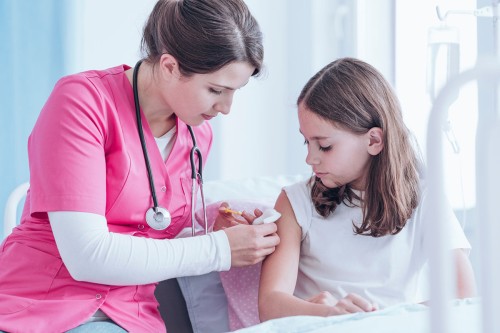HPV and Anal Cancer

The human papillomavirus (HPV) is the most common virus that is sexually transmitted (you can get when you have sex). Many people have HPV but don’t know it. In most people, the virus is not active in the body.
For some people, HPV infection can lead to certain types of cancer. These include cervical cancer, vaginal cancer, head and neck cancer, and anal cancer.
About 9 out of every 10 cases of anal cancer are caused by HPV. Your risk of getting anal cancer from HPV depends on the kind of HPV you have. There are more than 200 kinds of HPV. Some cause warts on the skin, mouth, or genitals, but rarely lead to cancer.
The kind of HPV most often linked to anal cancer is called HPV 16. Your risk of anal cancer is higher depending on the kind of HPV you have. See How Can I Prevent HPV-related Cancers for more information on screening and testing for HPV.
Sexual Activity
If you have sex with many partners, you have a higher chance of getting exposed to HPV. That puts you at higher risk for anal cancer.
Having anal sex is a risk factor linked to anal cancer. The disease is more common in men who have sex with men.
Smoking
Smoking cigarettes raises your risk for many types of cancer, including anal cancer. If you smoke, it’s never too late to quit. Learn how MSK’s Tobacco Treatment Program can help.
Other Risk Factors for Anal Cancer
These things also can raise your risk:
- You have lower immunity. This can be from an HIV infection or because you take medicines that suppress your immune system.
- You have chronic (long-term) anal irritation from conditions such as an anal fistula or benign (not cancer) anal lesions.
- You have had other cancers, such as penile, cervical, vaginal, or vulvar cancer.
- You are over age 50.
- You were assigned female at birth.
How to Protect Yourself From Anal Cancer
You can lower your chances of getting anal cancer if you:
- Practice safer sex. For more information, see How Can I Prevent HPV?
- Get the HPV vaccine. It’s best to get the vaccine between ages 9 and 12. Talk with your healthcare provider about whether getting the vaccine is right for you from ages 26 to 45.
- Don’t smoke, or stop now if you do smoke.
Request an Appointment
Available Monday through Friday, to (Eastern time)


